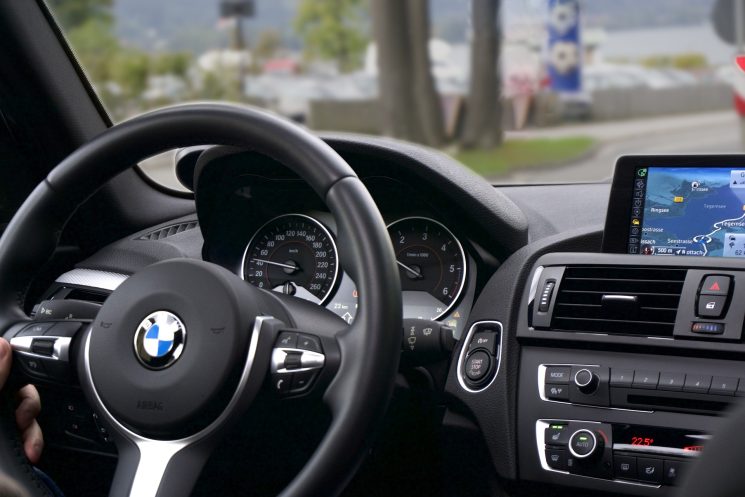While the number of people commuting to work by car may have fallen significantly as awareness of climate change and its impact has risen, some people have little choice but to use a motor vehicle when getting from A to B.
As recently as 2016, it was found that 36% of the UK working population still drove to work each day, with just 3% cycling. The former is a relatively large number, albeit one that has continued to depreciate incrementally in the last few years.
But what are the key considerations when choosing a new car for work? Here are some points to keep in mind.
#1. Your Budget
Let’s start with the basics; the first thing you need to consider when buying a car for work is your budget and the precise amount of money that you have to spend.
This should be a comprehensive and forward-thinking budget too, and one that takes into account factors such as maintenance costs, fuelling and monthly finance payments (depending on how you’ve funded the purchase).
This way, you consider the short and long-term costs of buying a particular car, especially as each model boasts different specifications when it comes to fuel economy and the car’s individual components.
It’s at this stage that you may want to consider buying a used car, as this will enable you to choose a desirable vehicle with manageable maintenance costs without having to invest a huge amount upfront.
#2. The Size and Performance of the Car
On a similar note, the size and performance of a car tend to have a direct impact on its price (whether you’re looking to buy a new or used vehicle).
So, if you’re solely focused on buying a car for commuting to work and simply getting from A to B, you can afford to compromise on size and performance in order to achieve optimal value for your hard-earned cash.
In fact, you may be better served by opting for a smaller and more fuel-efficient car in most instances, especially with parking spaces becoming smaller and more limited and the fact that you’ll rarely take more than a little bag with you to work each day.
The only exception here is if you also intend to use your car to ferry around your small family or are required to transport goods to different locations as part of your job.
#3. The Style of the Car
There’s an old adage which suggests that “looks aren’t everything”, but it’s important to make a positive impression on your managers and colleagues when travelling to and from work.
Don’t forget about the importance of first impressions, either, as you may have to drive to meet with clients or members of the senior leadership team within the business.
While it’s important to identify vehicles that are functional and presentable, you don’t need to spend the earth on a stylish or high-performance vehicle just to make a favourable impression on others.
Remember, you can also buy used cars that are in good condition and well-presented but be sure to have a close look at the body work and the number of miles that are on the clock.





